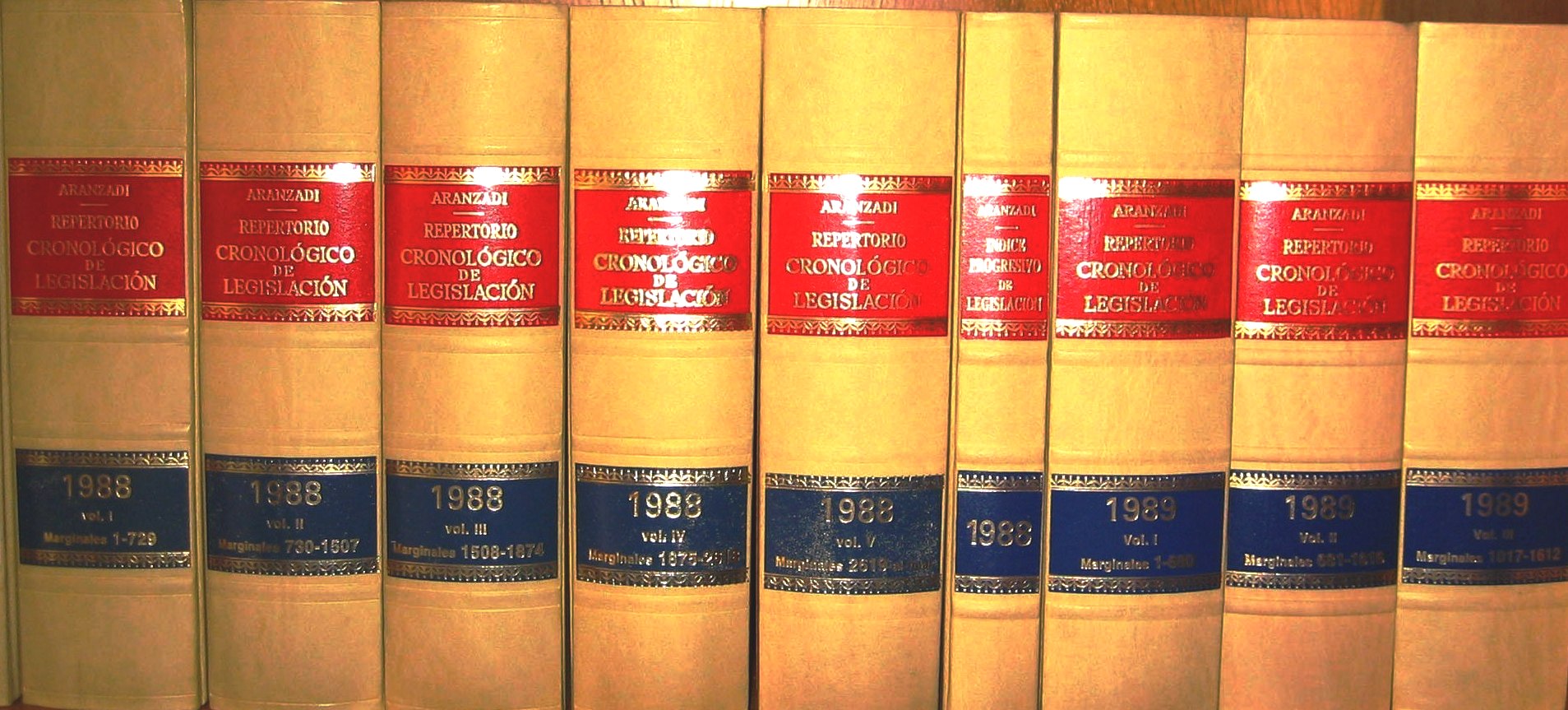Spain against sea seismic surveys
Seismic surveys in search of sea bed hydrocarbons under the Mediterranean, in the area surrounding the Balearic Islands, have increasingly less future. At least this should be the case if the Ministry of Industry decides to follow the advice of a report issued by the Ministry of Agriculture, Food and Environment, (reported by local press such as El Pais) advising against carrying out the largest planned project in the area, with about 100,000 square kilometers, by endangering protected species such as whales, dolphins and sea turtles. "The potential condition on the flora present in the area of execution of the works is of sufficient magnitude to discourage the development of the project," the report concludes.
In recent years, the area of the North-Western Mediterranean has become a target for multinational oil companies devoted to investigate whether there may be gas or oil under the seabed and then sell the data so obtained. Some of these activities received the approval of the Ministry of Industry, that is in favor of such kind of exploration, similar to the current activities of the Spanish Repsol off the coasts of the Canary Islands. Out of the four main existing projects, the most ambitious one is the one sponsored by Spectrum Geo Limited, which has sought permission to explore an area equivalent to three times the surface of Catalonia.
The waters surrounding the Balearic Islands already hosted hydrocarbons exploration activities in the past such as “seismic surveys with compressed air cannons" that took place in 2013. However, no one seems to know who carried them out or what approvals were secured.
“Air guns” are cannons of compressed air used to study geological structures under the seabed in search of oil.
The report also says that during that time was detected "anomalous abundance of sperm whales in the South area of the Balearic Islands, which could be the result of such surveys and can pose a risk to this species”. The report concludes that until the companies that carried out the surveys are identified, and given the possible impact on whales, turtles and seabirds "seismic campaigns in the area of the Balearic Islands should not be authorized".
The report signed by the Technical Director of the Division for the Protection of the Sea stresses that the Balearic Sea is a hot spot of marine biodiversity protected by various conventions and international treaties. The target exploration zone contains "some of the more favorable habitats" of the Western Mediterranean for deep dive cetaceans such as the sperm whale, the common Calderon, Risso and the Cuvier beaked whale, and oceanic species such as the fin whale and the dolphin. The bottlenose dolphin is the most common cetacean in the ten miles strip surrounding the Balearic Islands. And it is the only place in the Iberian Mediterranean where groups of sperm whale with calves have been spotted, indicating that it is a breeding ground. Much of the first phase of the Spectrum project, (the closest to the Catalonian coast), overlaps with a migration corridor for whales, while also affecting four species of sea turtles.
Sea turtles exposed to noise have shown alterations in behavior, stress, risk of collision with ships or entanglements in fishing nets, witnessing a high mortality rate associated with the noise generated by underwater explosions. The report we are summarizing also mentions the possible reduction of commercial catches, in a bluefin tuna spawning area.
It will be interesting to see the outcome of another pending Environmental Impact Assessment Report on a different and much more modest (2,400 square kilometers) project related to seismic surveys in the Gulf of Valencia. The Ministry of the Environment also warned about the impact that this other project may have on protected species.
Back to read more reports
